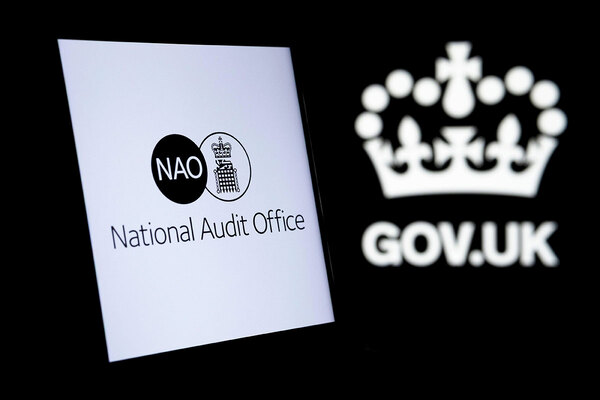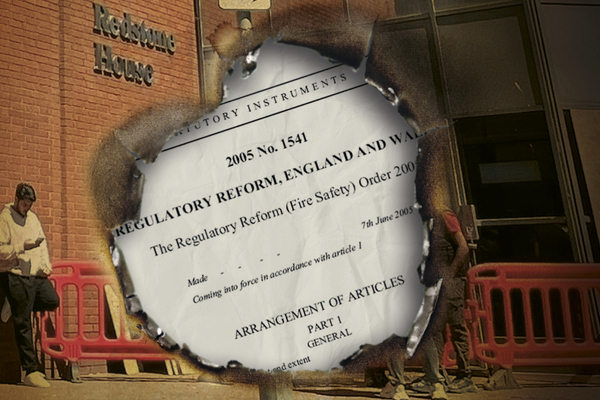CPD module: data protection – supporting residents while also safeguarding their private information
Data protection is about more than compliance – it is about keeping customers safe and providing the best possible services. Rich Brameld, group head of data protection, nominated data protection officer and Caldicott Guardian at Riverside Group, explains more.
Read the article, take a test, earn CPD minutes

Subscriber only content
This article is exclusive to subscribers only.
To view, subscribe here or login below.
Related stories






